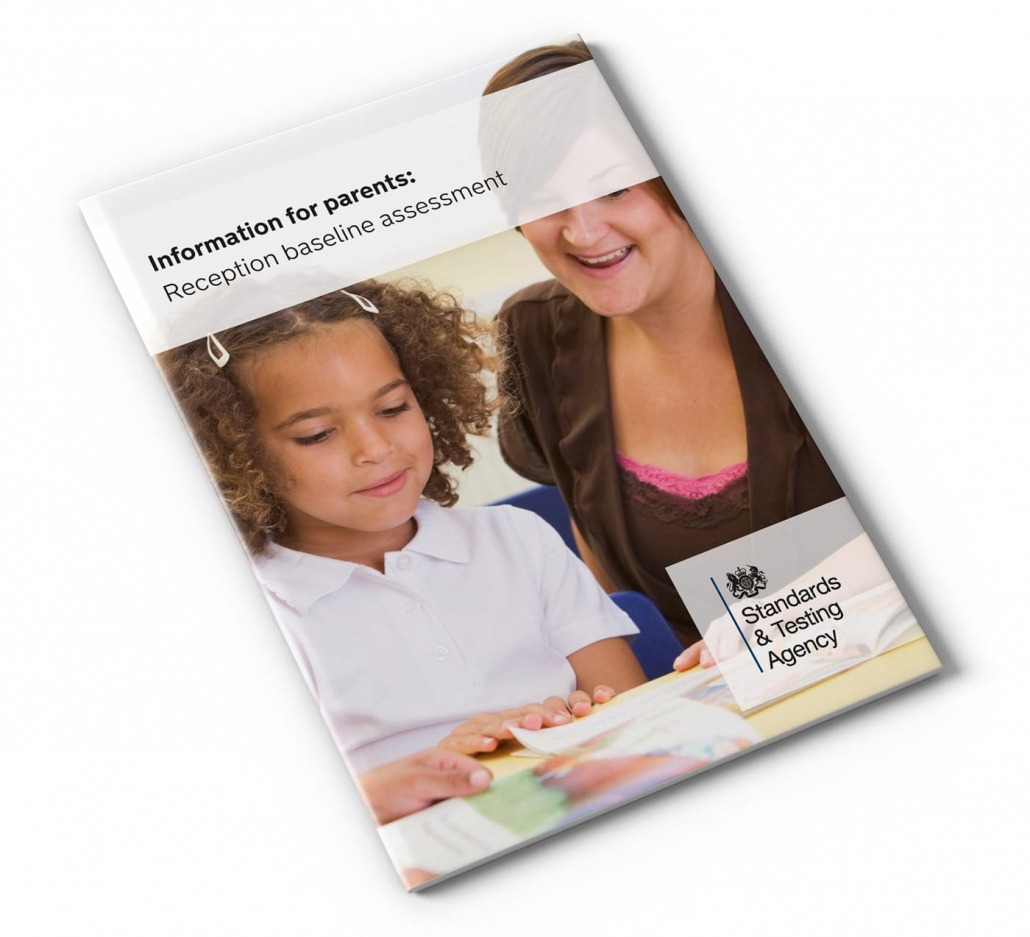At Mulberry Wood Wharf we believe in on-going, robust assessment of children. We often refer to this as ‘feedback’, which is an integral part of every lesson and throughout our school day.
Feedback may be shared through self-assessment after looking at the success criteria, listening to guidance from a teacher or looking at good examples. It may also come via learning partner discussions or from other adults in the classroom. Teachers will use a variety of methods to check children’s understanding of a concept and if they can apply it independently in a variety of situations. Feedback may also be given after the lesson through written comments.
Children are expected to respond to all feedback to improve their learning. Responding to constructive comments is an important learning behaviour which we foster through our school values – particularly resilience, respect and ambition.
Children complete three assessed tests during the academic year to support teachers to assess their next steps. These tests are always administered in a supportive way to ensure that children see them as a chance to ‘show off’ their learning.
At specific points in each child’s education journey they are required to complete national assessments, such as the Reception Baseline Assessment, phonics assessment test, multiplication test and SATS tests. To support them to do their very best in these tests, we will offer ‘practise tests’ which support our assessments.
The senior leadership team host termly pupil progress meetings with all class teachers to discuss pupil progress and offer support on how to support pupils who are at risk of not reaching the expected standards in core subject areas.
In the Early Years the pupils are assessed on the Leuven scale of wellbeing and involvement. This approach is adopted in Key Stage One and Two and there is a large emphasis on self-regulation and understanding emotions and feelings. Staff understand the physiological and emotional features of dysregulation and are skilled in ensuring the daily plan accommodates pupil’s needs.



